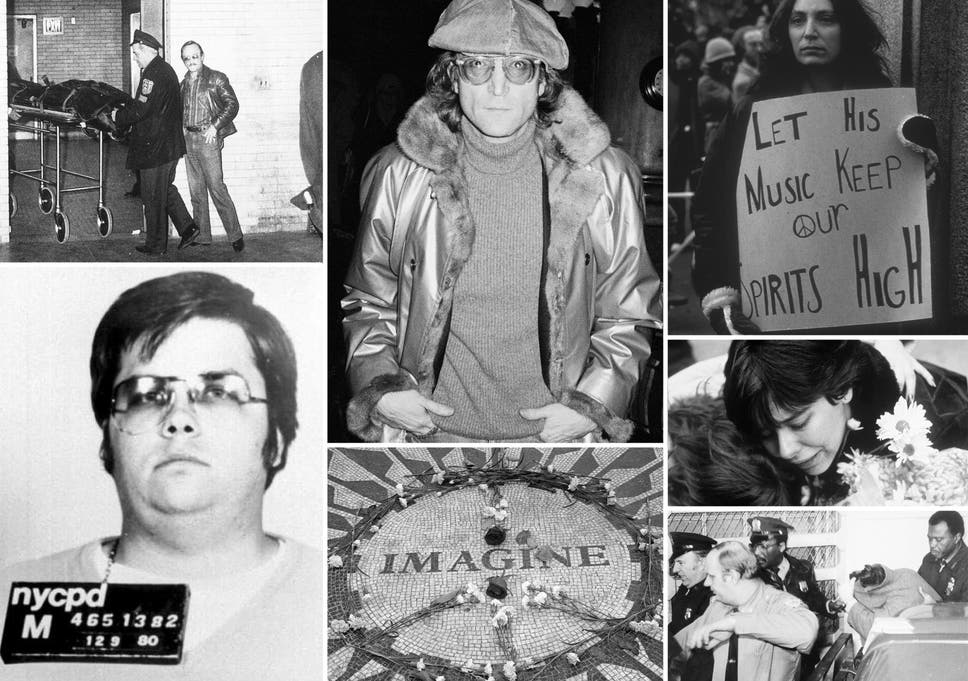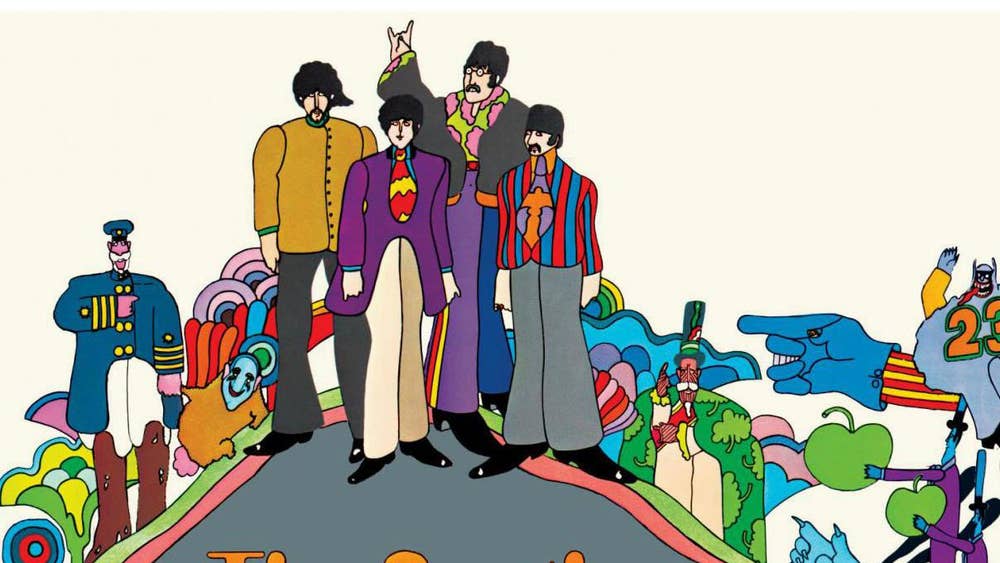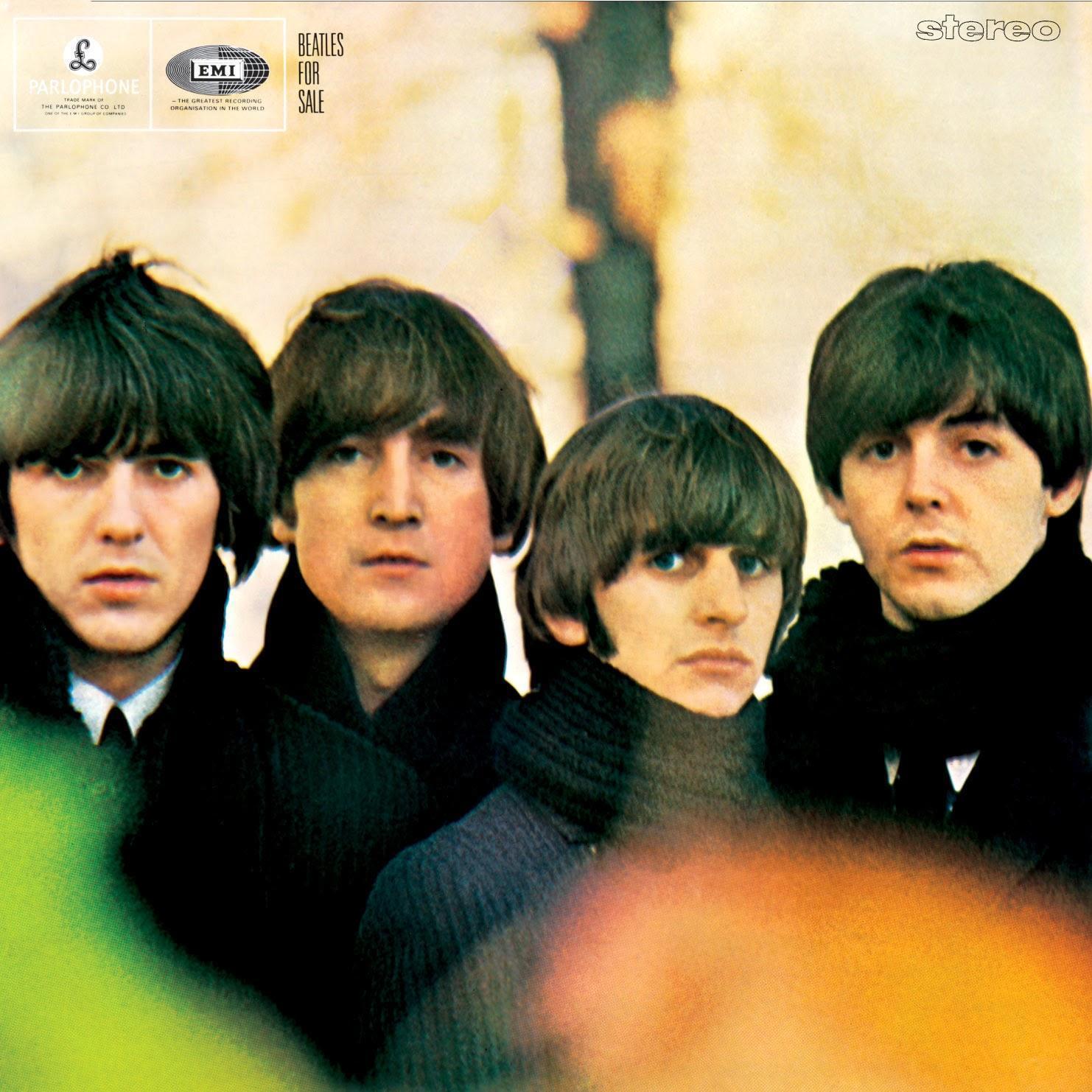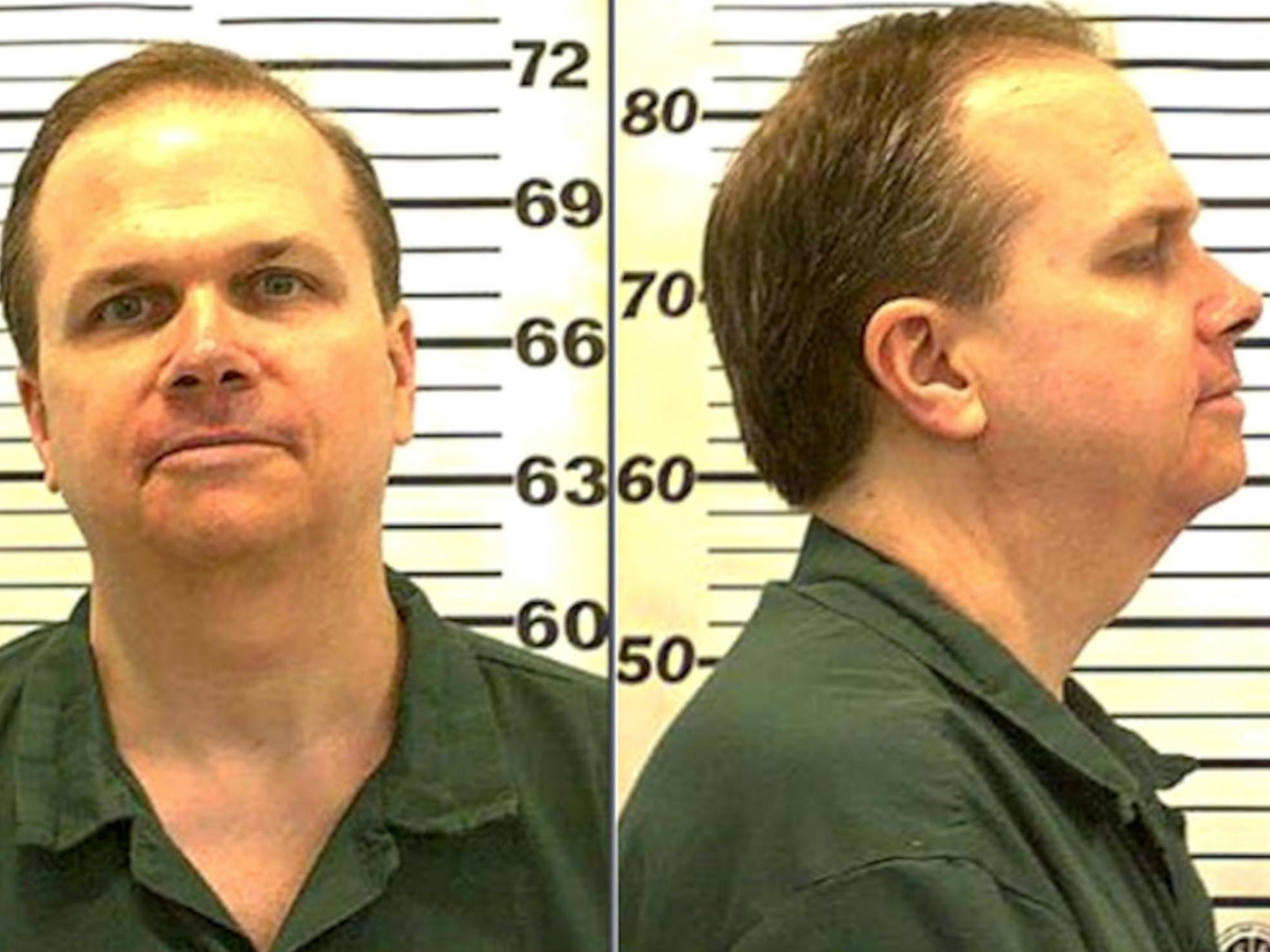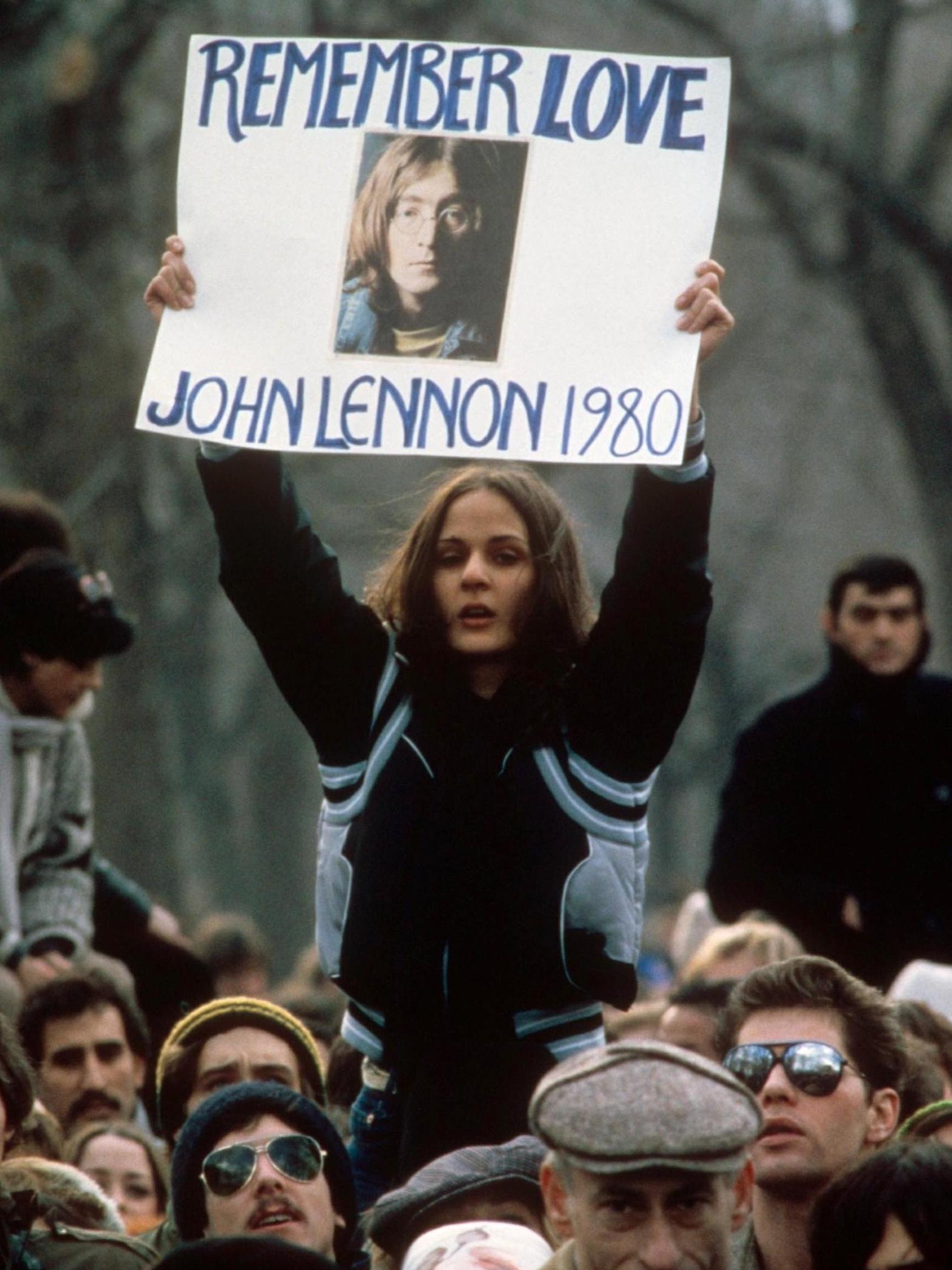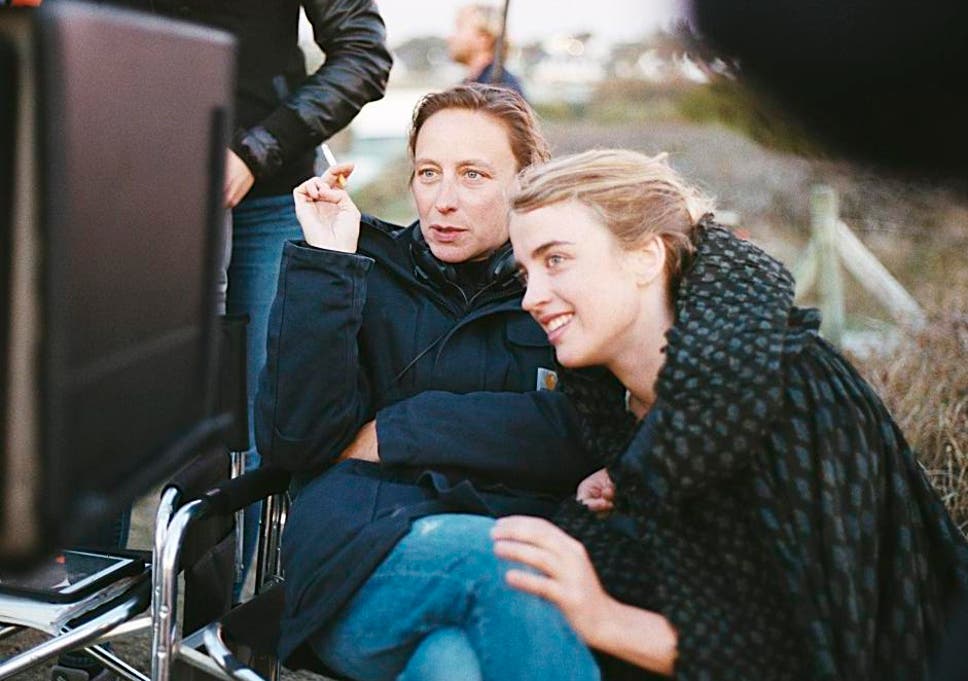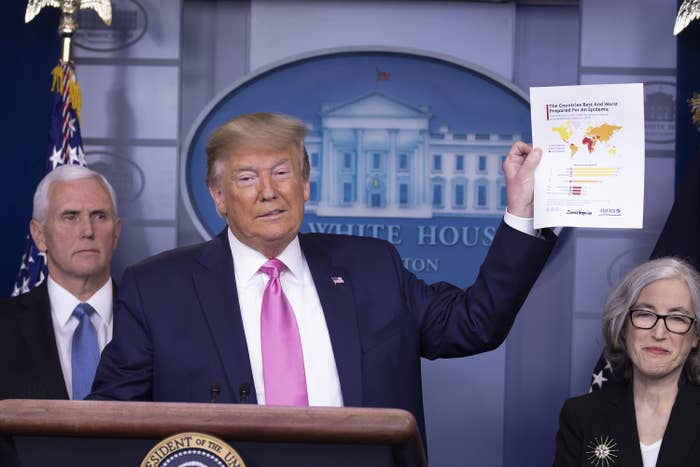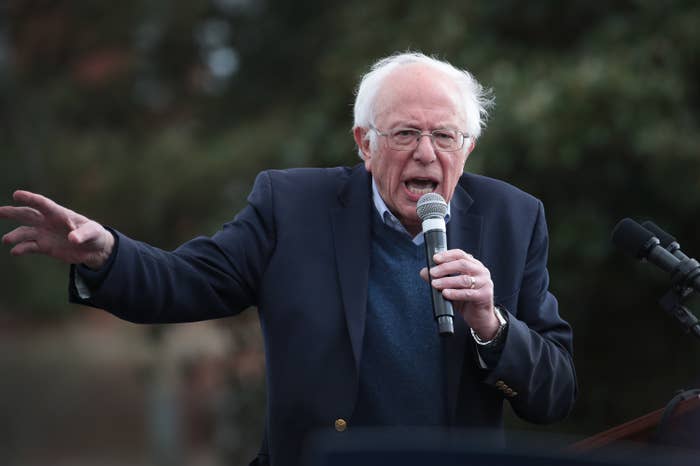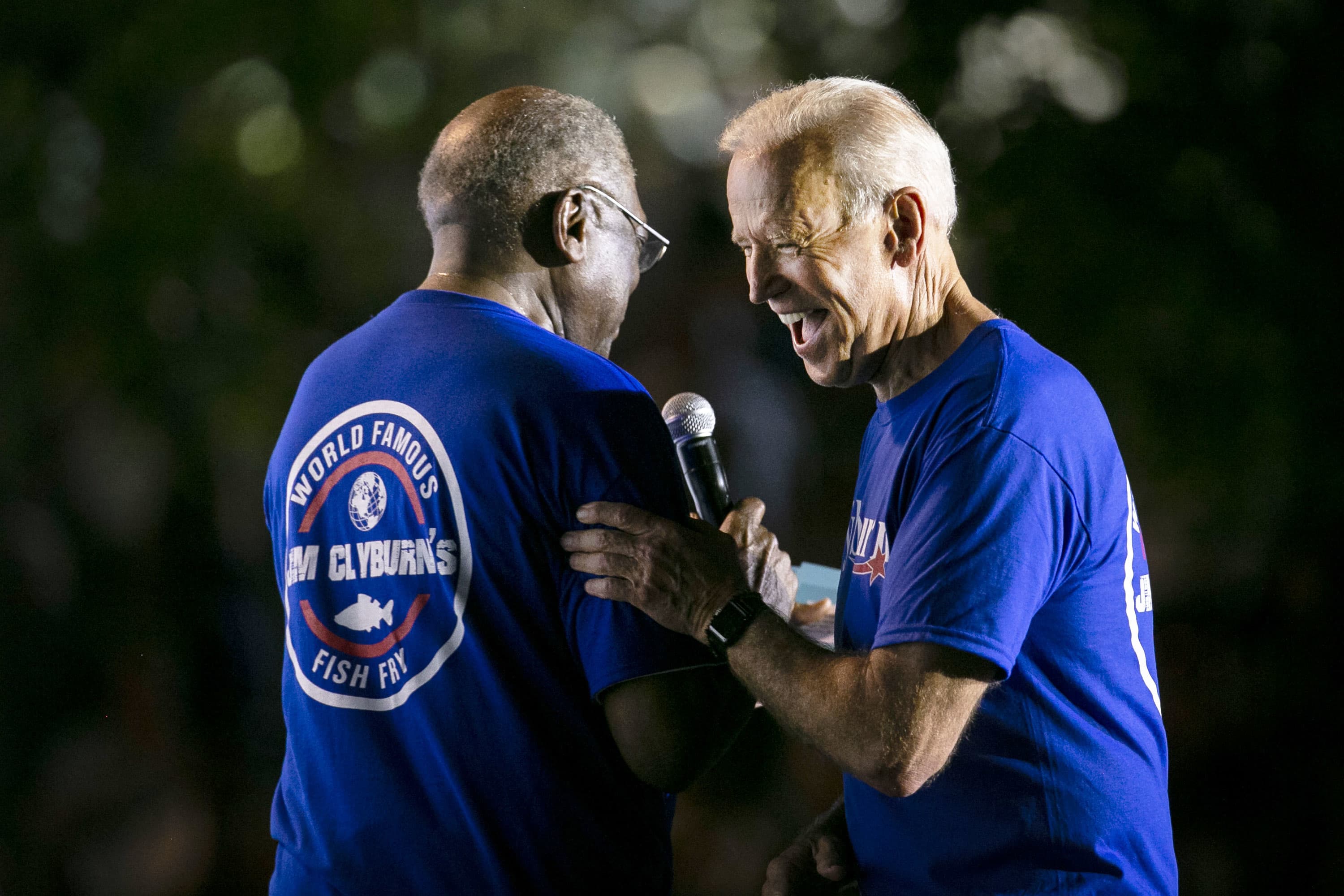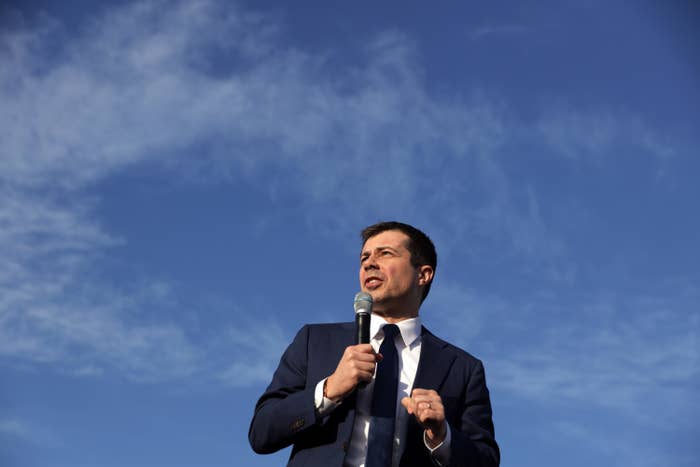Serious Fraud Office alleged £322m in fees were hidden from the market and other investors through bogus agreements

Reuters
Three former Barclays bosses have been cleared of fraud over a £4bn investment deal with Qatar at the height of the banking crisis.
Scotsman Roger Jenkins, 64, was said to be Barclays’ “gatekeeper” to the wealthy Middle Eastern state, and in 2008 helped the bank with two large capital raisings to avoid a government bailout.
In June, Barclays secured £4.4bn, with £1.9bn invested by Qatar, followed by a second tranche in the autumn of £6.8bn, of which £2bn was from Qatar.
The Serious Fraud Office (SFO) alleged the lucrative terms given to Qatar, including an extra £322m in fees, were hidden from the market and other investors through bogus advisory service agreements (ASAs).
But multi-millionaire Jenkins, who was linked to a string of glamorous women including supermodel Elle MacPherson, was on Friday acquitted of fraud, alongside former colleagues Thomas Kalaris, 64, and Richard Boath, 61 at the Old Bailey.
The jury of seven women and five men deliberated for around five and a half hours following a five-month trial.
At the time of the alleged fraud, each of the defendants held very senior positions at Barclays, jurors heard.
Jenkins was Barclays Capital (“BarCap”) executive chair of investment banking and investment management in the Middle East and North Africa; Kalaris was Barclays’ wealth management CEO and Boath was Barclays Capital head of financial institutions group for Europe, Middle East and Africa.
Prosecutor Ed Brown QC told jurors: “They acted dishonestly in order to preserve the future of the bank and to preserve their own positions.”
The defendants denied wrongdoing, with Bill Boyce QC, for Boath, describing the allegation as “preposterous”.
Mr Boyce told jurors: “The SFO have to prove that Roger Jenkins and Sheikh Hamad agreed a sham contract ... this despite the fact that it was obvious to both sides that a long-term strategic relationship was in both their interests.”
Jenkins, of Malibu, California; Kalaris, of Thurloe Square, west London; and Boath, of Henley-on-Thames, were acquitted of conspiracy to commit fraud by false representation and fraud by false representation between 1 May 2008 and 31 August 2008.
Jenkins was also acquitted of two similar offences dated between September 2008 and November 2008.
Jurors were told that a fourth man, Christopher Lucas, had been found unfit to face trial due to illness.
The three bankers had originally been charged with conspiracy to commit fraud alongside former Barclays chief executive John Varley.
However in April last year a judge dismissed the charges against Mr Varley, saying the SFO did not have enough evidence against the former boss to proceed.
The SFO appealed against the decision, but it was upheld by the Court of Appeal.
The SFO is yet to disclose the cost of the investigation, which began in August 2012.
It is understood that a core team of eight people worked on the case at any one time, consisting of investigators and lawyers.
Barclays is now facing a civil suit from a private equity firm for allegedly deceiving it over emergency fundraisings in 2008 that were designed to avoid a UK government bailout.
Amanda Staveley’s PCP Capital Partners is seeking damages of up to £1.6bn from the bank.
The case is expected to be heard later this year after it was postponed several times to allow the criminal trial to proceed.
A spokesperson for PCP said: “The criminal case brought by the SFO against Jenkins, Kalaris and Boath involved different issues, tried before different tribunals, with different parties and different standards of proof. PCP’s claim is not brought against individuals at the bank. It is brought against the bank itself for civil liability. PCP’s claim is not impacted by the outcome of the criminal trial.”
The case is expected to start in June.
'Big Dog' and the 'omnipotent sheikh' - how Qatar saved Barclays
Kirstin Ridley, Lawrence White
LONDON (Reuters) - When Roger Jenkins was asked to help Barclays avoid a state bailout at the height of the financial crisis in 2008, he was expecting a bonus not a prosecution for his efforts.
More than a decade later, Jenkins and former Barclays colleagues Richard Boath and Tom Kalaris, were unanimously acquitted by a jury on Friday in a case that revealed how the British banking giant secured a 4 billion pound ($5.2 billion) investment from Qatar.
With its survival at risk, Barclays was relying on Jenkins’ persuasiveness and personal relationship with Qatar’s then prime minister Sheikh Hamad bin Jassim bin Jabr al-Thani.
But the tiny emirate, which has punched above its weight for years after the discovery of oil and gas, was playing hardball. Barclays’ response was to pursue a deal which Jenkins conceded during his trial was optically “close to the line”.
The four month trial at London’s Old Bailey criminal court shone a light on the punishing globe-trotting schedules, meetings in luxury hotels and often surreal negotiations which pulled Barclays back from the brink.
Jenkins, known as “Big Dog” to colleagues, sat in the witness box for weeks, shedding some light on how one of the world’s biggest banks pulled out the stops to court a man referred to during proceedings as “the omnipotent sheikh”.
TOUGH NEGOTIATOR
The Gulf state had a reputation as a tough negotiator and in June 2008, Qatar Holding, part of the $300 billion Qatar Investment Authority (QIA) sovereign wealth fund, demanded more than twice the fees Barclays had promised other investors.
The Qatari investment was key. It helped pave the way for other financial backers, such as Sheikh Mansour of Abu Dhabi, Singapore’s state investor Temasek and Japan’s Sumitomo Mitsui Banking Corp, allowing Barclays to raise around 11 billion pounds that year across two capital raisings.
But the deals struck by the bank — an extra 322 million pounds paid to Qatar under two Advisory Services Agreements (ASAs) — landed the former bankers in court with fraud charges.
Prosecutors had alleged the side deals were shams, designed only to pay Qatar extra fees.
Jenkins, Boath and Kalaris maintained they were intended as genuine, commercial agreements and had been approved by directors and lawyers as mechanisms to secure lucrative advisory and banking business generated by Qatar.
Sheikh Hamad and Qatar, still a leading investor in Barclays and Britain after a 35-billion-pound acquisition spree of trophy assets, were not accused of wrongdoing.
A statement released on behalf of Sheikh Hamad said the ASAs proposed by Barclays had been genuine.
“Out of respect for the due processes of English law, Sheikh Hamad and the other Qatari parties did not seek to intervene during the course of the trial to correct those errors of fact and misleading interpretations that appeared to be given currency in some quarters,” Friday’s statement said.
BRIDGING THE GULF
In the Gulf, personal relationships and trust are paramount and banks pay millions to those who can gain and sustain it.
Jenkins had forged a relationship with billionaire Sheikh Hamad, who caused a stir in early 2008 when he told world leaders in Davos that he wanted to pump $15 billion into banks.
The pair were first introduced in 2007 through a friend of Jenkins’ former wife Diana while on holiday on the Italian island of Sardinia, he told the court.
Bonding over dinner and discussions about supermarket investments on the sheikh’s yacht, Jenkins and his wife were later invited to Sheikh Hamad’s French house in Cannes.
As the relationship blossomed, Jenkins flew to Doha and helped arrange meetings with Barclays directors and the sheikh and his officials at luxury London hotels as well as at Jenkins’ mansion in London’s Mayfair district, in Doha and New York.
Without such introductions, things were bleak.
Bob Diamond, the charismatic American executive who would become Barclays chief executive in 2010, was left sitting in a lobby in Abu Dhabi “for days on end” when he first tried to forge a relationship with UAE sheikhs, the court was told.
Diamond was not accused of any wrongdoing. His spokesman was not immediately available for comment.
GAME OF BLUFF
With Barclays under pressure in roiling markets, Jenkins knew he had a poor negotiating hand in June 2008.
In a culture in which meetings were unscheduled, could be at any time within a two-day period and might be over in 15 minutes, he was asked to wait overnight for a meeting with Sheikh Hamad. But he did not want to betray weakness.
His tactic, he told the jury, was to fly to Dubai, fabricating a meeting there to give the impression he was in high demand in the Middle East, before returning to Doha.
“I did not want to sit in Doha and wait for His Excellency for 48 hours ... That would be a sign of weakness in the negotiation,” he said during cross-examination.
Four months later, Barclays extended the ASA with Qatar for another 280 million pounds as the Gulf state again invested in the British bank alongside Abu Dhabi investors.
Factbox: Barclays bosses cleared of credit crisis-era fraud
LONDON (Reuters) - Three former Barclays executives were cleared of credit-crisis era fraud charges by a jury on Friday after a landmark London trial over undisclosed payments to Qatar in 2008.
Below are some details about the three defendants.
ROGER JENKINS
Once dubbed Britain’s best-paid banker, Jenkins held the golden key to the Qatari deal — a personal relationship with former prime minister Sheikh Hamad bin Jassim bin Jabr al-Thani.
Jenkins owned 60 million pounds of Barclays stock and was recommended for a 25 million pound bonus for his work on the 2008 fundraisings.
The Scottish-born former sprinter, who earned millions at Barclays devising complex tax structures, helped secure a second deal with Qatar in October 2008 despite suffering a heart attack two months earlier.
On June 26, 2008, Barclays’ then CEO John Varley emailed Jenkins saying: “We could not have done what we have done without the pivotal role you played. Thank you for the extraordinary skill and tenacity.”
By the time he left Barclays in 2009 to become an independent consultant, he had amassed a 120 million pound fortune, according to the 2009 Sunday Times Rich list.






